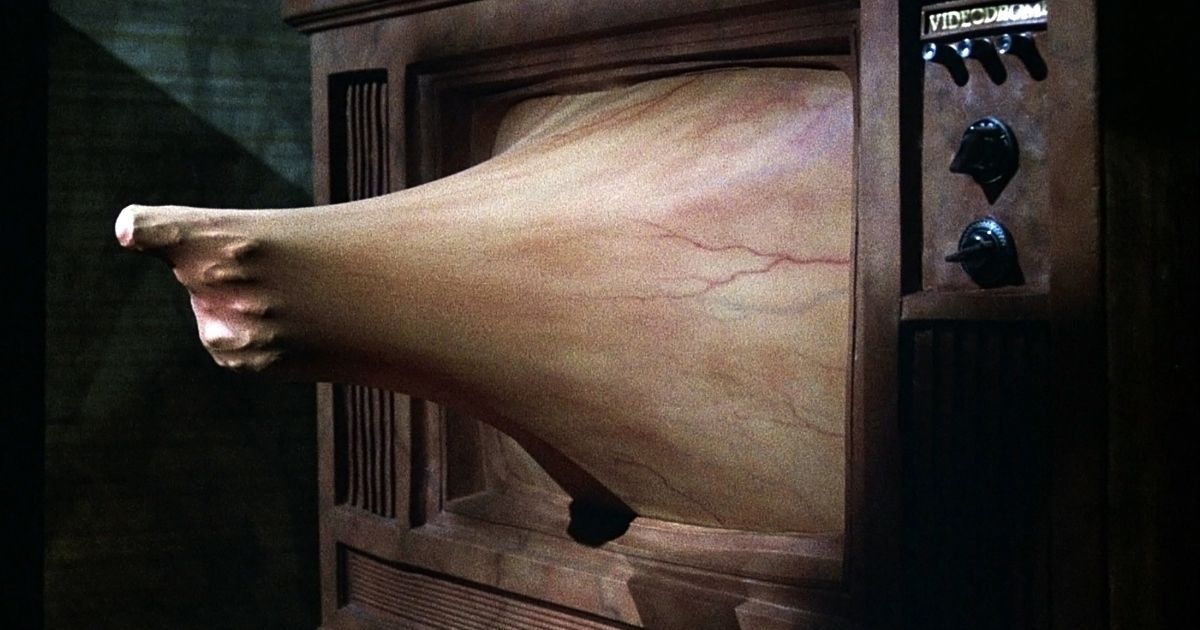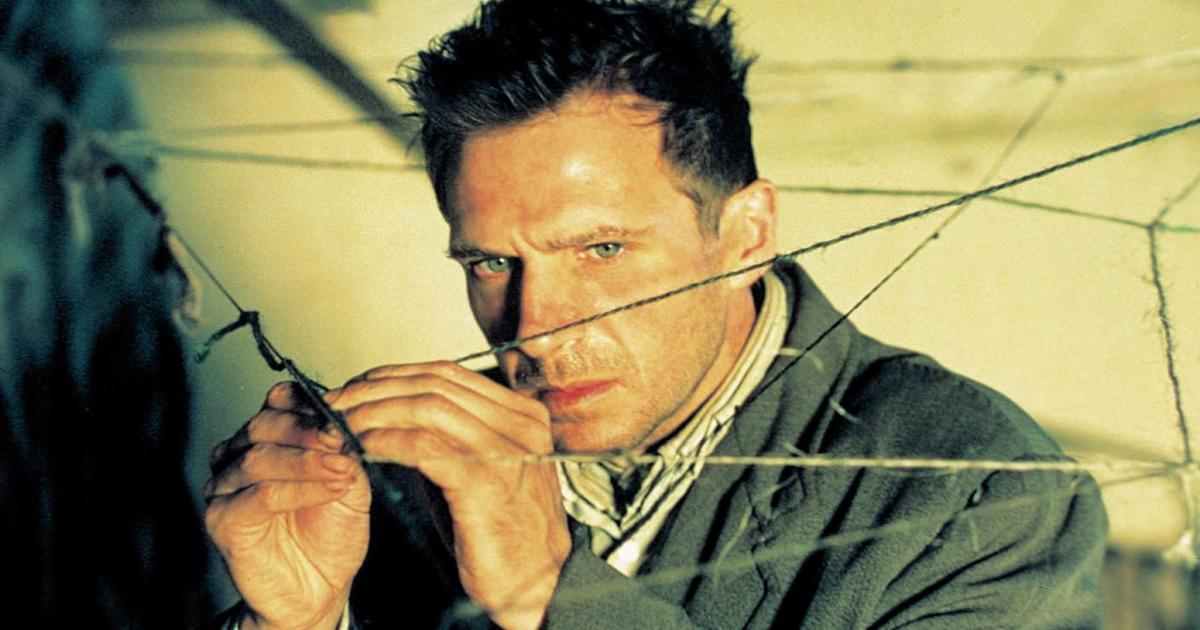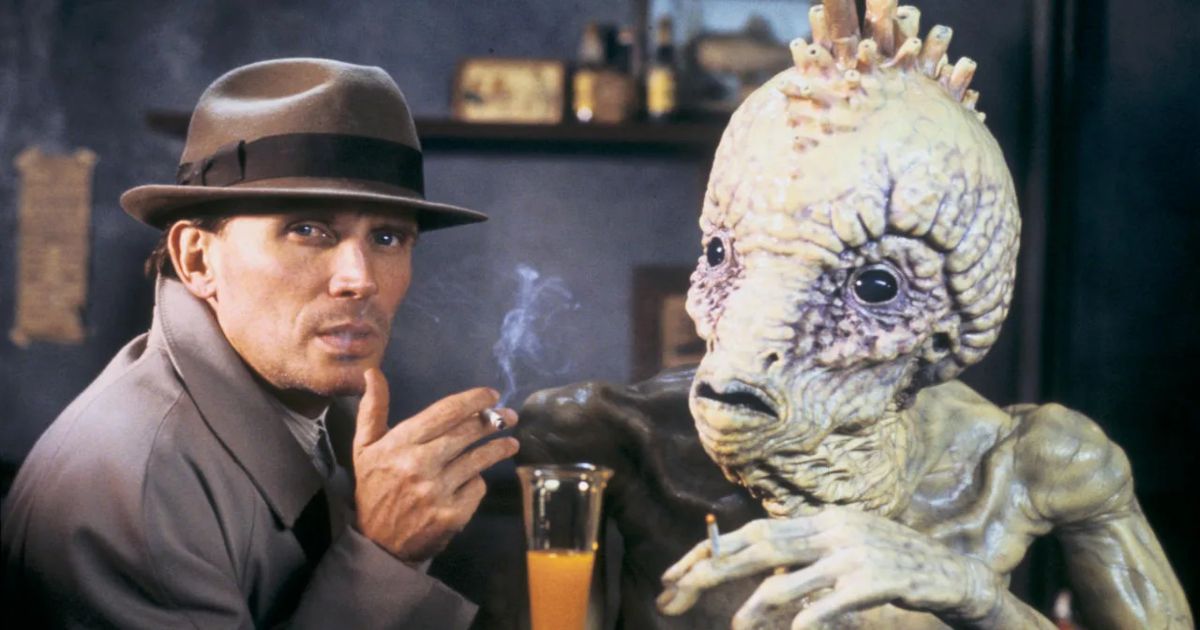The horror genre has become a place where many veteran filmmakers explore several provocative and daring themes. Few filmmakers have quite carved out their own place in the genre quite like Canadian visionary David Cronenberg whose foray into body horror has turned the industry on its head. Cronenberg rose to fame in the early 70s and 80s, showcasing his visceral yet imaginative talent with films such as Scanners, Videodrome, and The Fly. He later expanded into sci-fi horror movies with The Dead Zone and Existenz, and even made his own stamp on the crime thriller with A History of Violence and Eastern Promises.
With such a varied and dynamic output, much of Cronenberg's work has been subject to debate, particularly his exploration of technology, and it's connection to the human body. These themes have evolved throughout his career and has resulted in Cronenberg being hailed as one of the genre's most intellectual and thought-provoking filmmakers. Here we analyze what makes Cronenberg's output so thought-provoking and how it's managed to endure and stand the test of time.
Cronenberg's Films Are Prophetic
It's common to call a film ahead of its time, but for Cronenberg much of his work predicted the current state of our relationship with the media and consumerism today. A common early theme Cronenberg explored was how the media shaped our perception and our habits in society. This theme became present in his 1983 film Videodrome, which revolves around James Wood's producer character becoming brainwashed to kill off his competitors.
With the increased nature of social media and influencer culture, Videodrome shined a light into how media consumption would go on to dictate our lives and behaviors. While much has changed since its release, Videodrome accurately foresaw much of how the future of technology would evolve to shape our culture for better or for worse. Even back in 1999, Cronenberg had a handle on the nature of technology and it's pervasiveness among society with the film Existenz. Existenz revolves around a group of extremists who are looking to utilize a video game developer's concepts for their own purposes. In our current NFT and digitally based culture, this concept appears resonant and more likely than ever before.
For the time period they're released in, Cronenberg's films hold up reasonably well, and more importantly continue to connect to current issues and trends in today's world. His exploration of the media and our relationships to it have progressed throughout and become a staple in his work, most notably in his masterwork Videodrome which has been analyzed and studied extensively in the years since. A hallmark of a strong filmmaker is the ability to predict the times while commenting on them and Cronenberg's films have and continue to do so.
Exploring Humanity
Much of what's fascinating about Cronenberg's work is how he not only explores body horror but also humanizes his protagonists as well. In films such as The Fly, we emphasize with Seth Brundle as his physical form deteriorates, and yet what could've been a gorefest turns into something surprisingly moving (though still contains wonderfully gross special effects).
Many of Cronenberg's protagonists are tortured individuals who find themselves victims of their own natures which leads to some truly engrossing narratives. In films such as The Dead Zone, Spider, and Dead Ringers, he explores the basic impulses that drive humanity. While many horror films have been criticized for one-note protagonists, with Cronenberg's films he manages to create character studies of flawed yet fascinating individuals. While they may not always be the easiest to admire, their arcs are undeniably compelling in nature. This allows us to think more critically about what we're seeing on screen and raises some fascinating questions about ethics and morality in the process.
For many directors, having nuanced characters is a calling card, and for the horror genre that's even more important. Cronenberg has managed to turn these films into studies of humanity and morality that dig deep and aren't afraid to ask the big questions. This aspect of his filmmaking is a large part of why his work continues to resonate among audiences.
They're a Head Trip
The horror genre is ripe for psychological exploration and Cronenberg is certainly not a stranger in that department. Much of his most notable films involve examining the human body's urge to fight against one's own nature. In films such as The Brood and Dead Ringers, Cronenberg displays a psychological perspective on individuals attempting to play god, and the chaotic consequences that follow. The psychological aspect of his work elevates much of his plots and encourages strong reactions from audiences, positive or negative.
Cronenberg has admitted his interest in psychiatry and his 2011 film A Dangerous Method even chronicles Sigmund Freud and Carl Jung. Much of his work isn't concerned solely around gore and examines human nature which has led to many discussions among film buffs and critics alike. Due to the surreal and twisted nature of his work, much of Cronenberg's films are thought-provoking and challenge audience expectations.
Cronenberg Movies Are Uncompromising
While some films tend to favor resolution, for Cronenberg, providing easy answers or safe resolutions isn't quite on his mind. Many of his films have open endings with an ambiguous or haunting note that leaves viewers rattled. Although this may not appeal to some, for others it adds to the complexity and adds layers to his narratives. With his decision to not flinch away from the brutality or harshness of his subject, Cronenberg's films manage to go places others won't. These types of risks have allowed films such as A History of Violence to linger long after the credits roll. This approach has helped him earn the esteem and respect from his peers and makes his films such distinct experiences.
In the horror genre particularly, it's easy for filmmakers to resort to clichés and simple conclusions, but for Cronenberg, going above the expected is a hallmark of his success. Overall, with the horror genre continuing to crank out film after film, it's hard to determine which films truly elevate themselves. Thanks to his complex themes, provocative concepts, and bold filmmaking, David Cronenberg has mastered the art of examining body horror intellectually and left an identifiable legacy in the process.


.jpg)


